#warnick
Photo
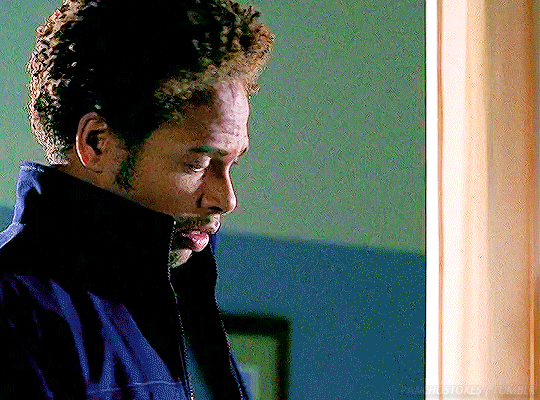
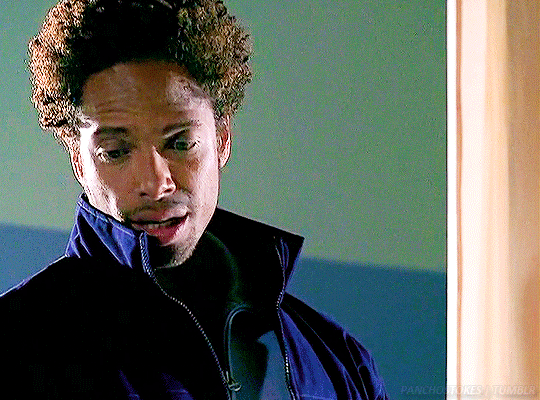


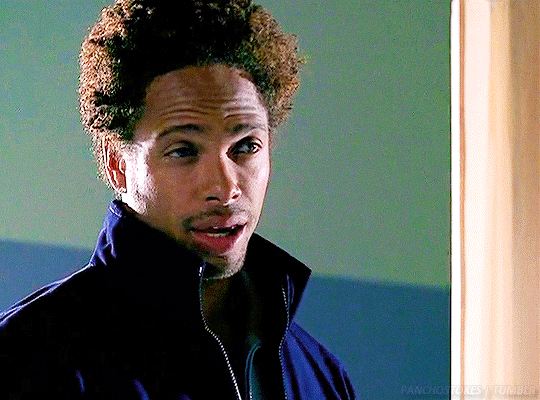


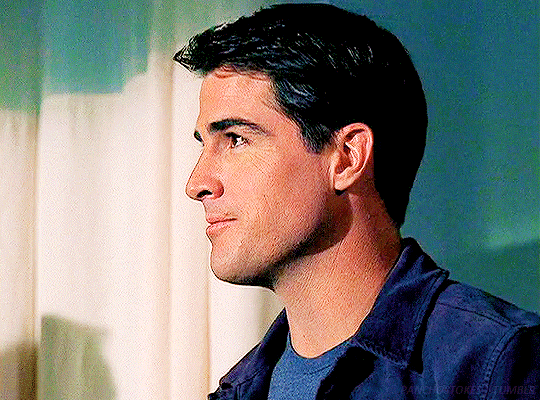
1.08 Anonymous
#csiedit#csi cbs#nick stokes#warrick brown#warnick#george eads#gary dourdan#mk.op#mk.edit#mk.gifs#csi 1x08#season one nick is my weakness#that third gif is possibly my fav warrick gif i've done so far
86 notes
·
View notes
Text
CSI meme dump bc I'm bored


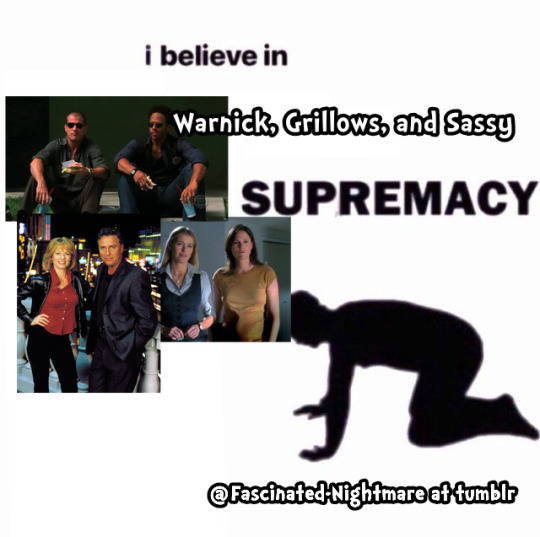




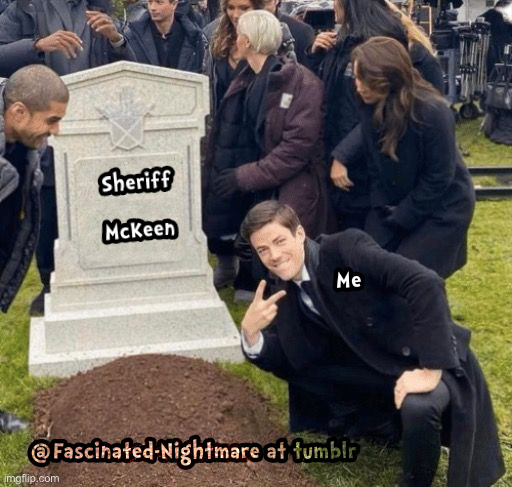
#csi crime scene investigation#warrick brown#nick stokes#sara sidle#nick x warrick#csi imagine#csi shenanigans#csi#csi cbs#gil grissom#catherine willows#gil x catherine#grillows#nick stokes x warrick brown#warnick#csi oc#sassy#sofia x sara#sara x sofia#meme dump#fn.posts#fn.ocs
10 notes
·
View notes
Text

#warnick#omniboyfriends#broppy#fraggy#sassy#grillows#yor x loid#gloria x jay#craig x green poncho#craig x wildernessa#red velvet cookie x pastry cookie#hollyberry x dark cacao#pure vanilla x white lily#pure vanilla x golden cheese#leosagi#tmnt ramona#hunter x emira#edric x viney#camila x manny#Hailey x Dylan#parfait x licorice x black raisin x clover#pumpkin pie cookie x strawberry crepe cookie#Truffle cookie x dark choco cookie l#latte cookie cookie x purple yam cookie#dark cacao cookie x frost queen cookie#muscle cookie x avacado cookie#cherry blossom cookie x lilac cookie#cherry blossom x string gummy cookie#looma redwind x attea#sandra x carl
37 notes
·
View notes
Text
Prevention can Be Harmful
Prevention and problem elimination can be harmful. Learn how taking actions to gain place attachment can create benefits for everyone and everything.
As noted in the Prevention Can’t Work and Problems are Irrelevant! post, a prevention and problem focus is not a path to improvement. I only noted that prevention and problem elimination does not improve, however some research has now demonstrated that prevention efforts can be harmful. In other words, prevention effors can actually makes things worse than if nothing was done at all. The Scared…

View On WordPress
0 notes
Text
Among those believing that Anne Boleyn was innocent was Matthew Parker, her chaplain, who, when Elizabeth’s Archbishop of Canterbury, claimed that Anne’s soul was in “blessed felicity with God.” About six days before her arrest, he recalled, she asked him to look after her daughter, a plea he took seriously. He confided to Burghley, if he had not “been so much bound to the mother,” he would not have agreed to serve her daughter as archbishop.
Wicked Women of Tudor England: Queens, Aristocrats, Commoners, by Retha M Warnicke
29 notes
·
View notes
Photo



𝔗𝔶𝔭𝔢 𝔒 𝔑𝔢𝔤𝔞𝔱𝔦𝔳𝔢 - 𝔈𝔲𝔯𝔬𝔭𝔢𝔞𝔫 ℜ𝔲𝔰𝔱 𝔖𝔭𝔢𝔠𝔦𝔞𝔩 𝔬𝔫 𝔪𝔱𝔳 (յգգճ)
#Type O Negative#European Rust Special on MTV#1996#90's#90s#Josh Silver#Peter Steele#Kenny Hickey#interview#MTV#vanessa warnick#doom metal#gothic metal#USA#october rust#october rust era#my edit#my gif#Peter Steele (R.I.P. 2010)
343 notes
·
View notes
Note
Hi there! Just recently found your blog and I love it 🩷 you've probably answered this before but I was wondering if you had any insight on why Elizabeth of Yorks cornation was delayed almost two years. People who are anti Henry VII say it's becasue he didn't want to share power with Elizabeth or that he was jealous of her popularity etc. But from what I read there were good reasons for the delay. First Elizabeth became pregnant near instantly after getting married and couldn't go through the ceremony until after the birth and recovery period. Then the Simnel rebellion happened. After the battle of stokes she was crowned 5 months later which doesn't seem like that big of a deal to me. Anyways just wondering if you had any further insights or details.
Hi, anon! First of all, I'm so very sorry for taking so long to reply to this ask. Thank you for letting me know you love this blog 🤍 I've discussed Elizabeth's delayed coronation before but I don't think I've ever organised my thoughts in a single post. I'm going to discuss the circumstances of the first two years of Henry's reign so we can look at them together. All in all, the delay in Elizabeth's coronation seems a logical outcome of the political circumstances of Henry VII's early years and not spite-motivated as Francis Bacon claimed in his work and what the scholarship based on Bacon usually repeats.
Regarding Henry's jealousy/insecurity, one of the theories is that Henry wanted to avoid a joint rule by avoiding a joint coronation. It's not that simple because such a coronation was simply not feasible at that time. For a joint coronation in October 1485, Henry and Elizabeth had to have been already married by that time, and that couldn't happen before he had re-legitimised her in parliament—for that to happen in turn, Henry had to sit in parliament as a crowned ruler. It was paramount to acquire the spiritual legitimacy only a coronation could give to boost his own authority. Edward IV had done the same (had crowned himself before sitting in his first parliament), and we can tell how much of a rushed affair Henry's coronation was by the simple fact that they used the same device for his predecessor's coronation: they literally simply crossed out Richard's name and wrote Henry's instead. A platform inside the church collapsed and several spectators were hurt during the occasion.
That's not to say Henry couldn't shake his shoulders at all those impediments and marry and crown Elizabeth immediately after Bosworth despite the legitimacy and dispensation issues hanging over them: although unorthodox, it could (theoretically) be done, but it's clear Henry had to tread carefully to establish his own legitimacy independent from the house of York if he wanted to be seen as an indisposable ruler in his own name. Whether it was the technical difficulties or Henry's wish to be seen as more than Elizabeth's husband—someone who could be booted off the throne in the case of her death—or both the technical difficulties and Henry's need for self-assertion, it seems unreasonable to expect a double coronation at that time and attribute this fact to Henry's malice and/or jealousy.
A coronation could have happened right after Henry and Elizabeth's marriage as it customarily happened. There are clear signs that indicate that this is what Henry had originally intended: in December 1485, he ordered horses for Elizabeth's coronation, and the plan was still in motion in January 1486 when he ordered 'tawnings of ermyns', 'canapye stavez', 'cherez of estate', 'skarlate rede clothe' as well as the 'furryng of dyvers of ye quenes robe' and diverse other items 'agenst the coronation of our soverayne lady ye queen'. It seems clear they weren't prepared for a coronation straight after their wedding (which seems to have been a rather more diminished affair comparatively)—Henry being short of cash and entagled in debts from his own previous coronation seems like a possibility, and even Edward IV, who married for love and had no reason to want to obfuscate his consort, took almost a whole year to be able to crown his own wife. What's unclear is why the coronation plans didn't advance through 1486.
Anna Duch has speculated Elizabeth's possible difficult pregnancy halted the plans for her coronation. A couple of queens were indeed crowned whilst pregnant: Anne Boleyn, who had a secret wedding and was in urgent need of legitimacy (so that her child could be seen as legitimate in turn), and Philippa of Hainault, who was married amidst the chaos of the power struggle between her in-laws and had held little visibility up to that point. It seems it was the news of Philippa's pregnancy that led to her coronation, and I don't see why the same wouldn't have happened to Elizabeth of York if what they claim to have been Henry's intention—to reduce Elizabeth to be simply the bearer of his heirs and hold no power whatsoever—was true.
Henry didn't rush to crown her at that point, although we don't know if Elizabeth's medical condition would have allowed her to go through a coronation. Not only Elizabeth's pregnancy might have prevented her from going through a coronation, but she also didn't follow the king in his northern progress despite arrangements for her appearance by his side at York where Henry's device of the red and white rose would come together for the first time. Maybe Elizabeth's mobility in the first trimester was hindered by morning sickness or the like, and soon Henry had other problems to worry about. As pointed out by Retha Warnicke, 'it is possible that Henry did not wish to expose his queen in a public ceremony that would draw great, sometimes unruly, crowds during a time of so many disturbances'.
By mid-1486 Henry had to deal with various rebellions in the north and even an assassination attempt at York. His northern progress, besides being conventional for a newly crowned king, was also motivated by Henry's need to show himself and impose his royal will onto his rebellious and disaffected subjects. A month before Henry set out north, contemporary correspondence circulated that 'the king purposyse northward hastyly after the Parlement, & it is sayd he purposses to doe execution quickly ther on such as hath offended agynst him'. The same letter, dated from February 1486, suggested that he intended to lead north a great company of men 'in harnesse' (in armour) together with some 200 lords and knights. Correspondence dated from December 1485 shows that Henry and his advisors feared a major outbreak of violence around that time, and back in October, Henry had written of his 'knowledge that certeyne our rebelles and traitours being of litell honour or substance conferred with our auncient ennemyes the Scottes… made insurreccion and assemblies in the north portions of our realme'.
By the time Henry approached York, he was reportedly surrounded by 'great noblesse, as above saide, and merveolous great nombre of so short a warnyng of esquires, gentlemen and yeomen in defensible array'. Lovell's rebellion was already underway, and frankly, it sounds like quite an unsafe atmosphere for Henry's pregnant queen to make an appearance. At the same time, Henry had to spend money on ordering materials and clothes for his public appearances in the cities he visited in his northern progress, and considering the royal treasury was still suffering from the expenses of the previous years I wonder if Elizabeth's coronation plans were also put on hold because of that royal progress in spring 1486. By the time Henry and his lords returned to London, Elizabeth's pregnancy was already advanced and his top priority seems to have been to get her to Winchester safely before her delivery.
After Arthur's birth and christening, Elizabeth's subsequent illness and churching, etc, the court could barely go back to a normal schedule as talks of Edward of Warwick's escape were circulating in London already by November 1486. Correspondence from January 1487 makes it clear that Henry had known of certain developments of the new rebellion since the beginning of that year. There were disturbances in Devon and Cornwall in early February and in Ireland in March. Henry had to call for a general council to discuss the security of his kingdom in February because of the boy pretender they already knew to be in Dublin at that time. By mid-March, Henry was already on the road to make arrangements for a foreign invasion, and it wouldn't be until after the Battle of Stoke in June that Henry would be able to devote his attention to his wife's coronation.
Henry's situation in 1486-1487 was, as described by Emma Cavell, 'ominously reminiscent of his own challenge to Richard III only two years earlier: a challenge in which the pretender had defeated the king'. All through this period we can identify the influence of unforeseen circumstances on Henry's actions and plans for his public appearances, especially where rebellion and challenges to his rule were concerned. It's clear too that Elizabeth's coronation was a grand affair, very likely bigger than Henry's own coronation, and an occasion where the yorkist symbols of the white rose and sun in splendour were displayed in great pomp for all to see. It sounds illogical to think Henry had been up to that point consumed with fear for Elizabeth's rights but after exactly what had been a yorkist rebellion and invasion, he would simply forget about his fear/jealousy and proceed with legitimising the yorkist inheritance in the public imagination.
What we have evidence of—and what I think we should focus on—are Henry's own words regarding 'ye quenes coronacyon' that he was planning as early as December 1485, and the various items that he bought for the occasion. Why the coronation didn't go ahead until 1487 is a matter of speculation but what is certain is that Henry didn't wait for Elizabeth to become pregnant to 'reward' her with a coronation (and thus reduce her to a human oven), as has been so often claimed. What do you all think? 🌹x
#once again: so sorry for the wait!#henry vii#elizabeth of york#ask#anon#historian: retha warnicke#historian: anna duch#historian: emma cavell
24 notes
·
View notes
Text
i feel like a good litmus test for how much a person actually sees children as people is to ask them if they think children should be taught how to swear.
and by that i mean, swear words being introduced as any other type of word is, by osmosis and then explained with conversations about being kind/ what the words actually mean.
for example. say i have a child. i raised this child, without censoring myself. this child learns the word fuck and shit and etc. as words mainly said in frustration (i.e i stub my toe in front of them when they're like 2 and i say "Fuck!" and then they learn to say "fuck" when they're mad or in pain, etc.)
this child is in preschool now. they get frustrated with another child and swear at them. say they call them a "shithead".
it is then my responsibility as their caregiver to explain to them that insults are harmful. that it is better for everyone if my child told the other child why they are upset, instead of lashing out. and if they are too angry to explain, they should take a step back and come back later when they've calmed down. i ask my child to apologize to the other child, with the understanding that the other child might not forgive them (want to play with them anymore), and that my child doesn't have to play with them after they've made amends either.
yknow.
like parenting.
children swear all the time, even if they've never heard the word ass. or damn. or shit or fuck or bitch.
poophead. butt. stupid. gross. crap.
children already swear. adding "adult" versions of the words to their vocab won't "corrupt" their "innocence" or ruin their brains or anything. they're just words. words that represent emotion. emotions children are already expressing.
"but warnick!" i hear you cry, "fuck has sexual connotations that shit doesn't! we can't have the children saying sex words!!!"
first, fuck is an incredibly versatile word that isn't always sexual. but you are correct. it does have that connotation that shit doesn't.
but children should be allowed to know about sex.
"even 5 year olds????"
yes.
no i'm not kidding. a 5 year old should have the basic concepts of sex and sexuality explained to them, as well as the current laws and social taboos surrounding sex that apply to them.
knowing about sex =/= having sex
a 5 year old should know that there are parts of their body that can make them feel good, and that those parts should only be touched by people they, personally, trust, in ways that they are okay with. it should be explained that some people, including people they see every day, might try to touch them in ways they won't like. it should be explained that they should not touch other children in those places, or have others touch them there, to make them feel good.
they should be given the words to explain what they are feeling, and when needed, what happened to them if they were sexually abused.
above all, consent should be taught to children. true consent is only possible when a party knows what they are agreeing to or refusing. language is crucial to this.
also, its funny when kids say "goddamnit" because they dropped their popcicle.
not because they are not-people mimicking people and that's silly.
but because they are people, learning how to live and breathe and express themselves, and that brings me joy. go little human, go.
#let kids say fuck#youth liberation#child rights#anti abuse#anti child abuse#swear words#swearing#children are people#warnick's spicy onions#child abuse mention#csa mention#consent#sex education
70 notes
·
View notes
Photo





Shae Warnick.
Sublime works by artist Shae Warnick currently on view at Antler Gallery in Portland, Oregon.

BUY PRINTS | FOLLOW ON INSTAGRAM
197 notes
·
View notes
Photo

Photo: Mitch Warnick (2022)
* * * *
Rising from the heart of the Tularosa Basin is one of the world's great natural wonders — the glistening white sands of New Mexico. U.S. Department of the Interior: At White Sands National Park, great wave-like gypsum dunes cover nearly 300 square miles of desert.
The sand is soft and cool under your feet and provides a beautiful contrast to the bright blue sky. The dunes are ever-changing, growing, cresting, but constantly advancing. One of the best ways to experience the park is sand sledding, a popular activity and great fun for children and adults alike.
[Scott Horton]
* * * *
“Despair is paralysis. It robs us of agency. It blinds us to our own power and the power of the earth… Restoration is a powerful antidote to despair. Restoration offers concrete means by which humans can once again enter into positive, creative relationship with the more-than-human world, meeting responsibilities that are simultaneously material and spiritual. ...
Restoration is imperative for healing the earth, but reciprocity is imperative for long-lasting, successful restoration. Like other mindful practices, ecological restoration can be viewed as an act of reciprocity in which humans exercise their caregiving responsibility for the ecosystems that sustain them. We restore the land, and the land restores us.”
― Robin Wall Kimmerer, Braiding Sweetgrass
#Scott Horton#Mitch Warnick#quotes#White Sands National Park#gypsum dunes#Robin Wall Kimmerer#Braiding Sweetgrass
11 notes
·
View notes
Text
#music to soothe the soul#the fastbacks#kurt bloch#Kim warnick#lulu gargiulo#Rusty willoughby#Seattle#Spotify
4 notes
·
View notes
Photo
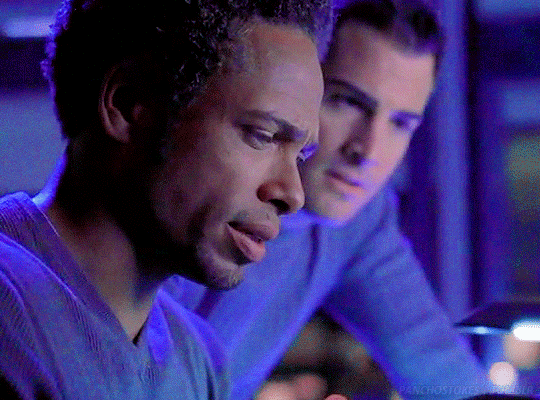
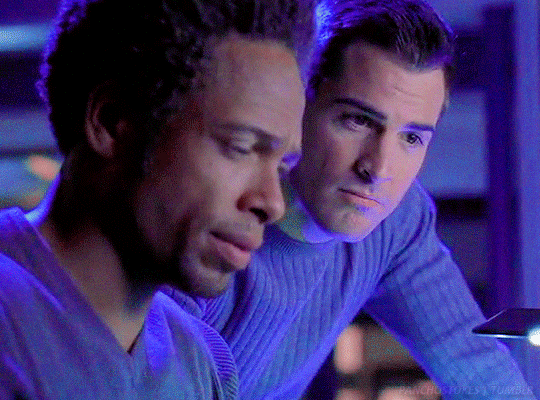

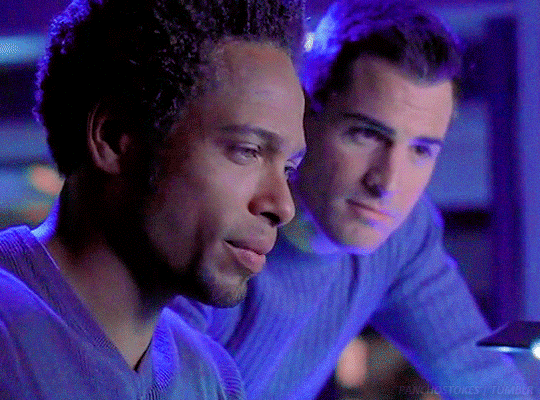

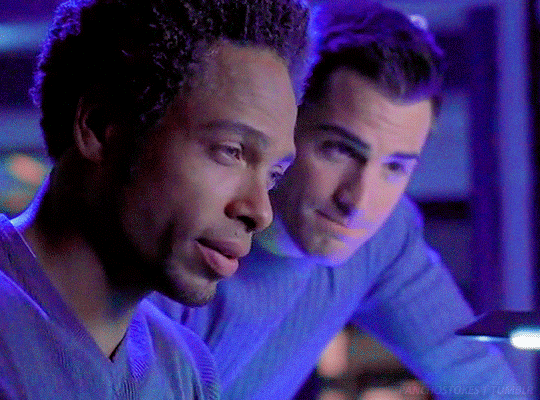
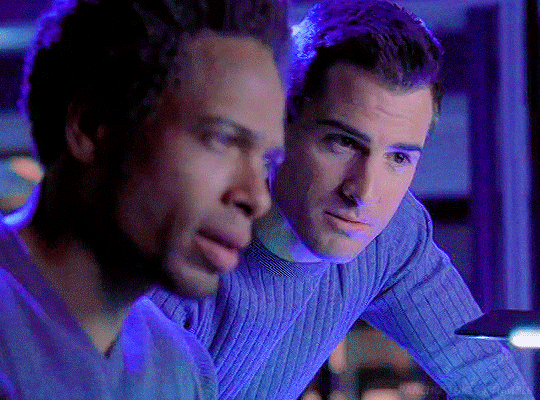

2.15 Burden of Proof
#csiedit#csi cbs#nick stokes#warrick brown#warnick#george eads#gary dourdan#mk.op#mk.edit#mk.gifs#csi 2x15#also the other day i walked in on my dad watching this episode#it wasn't until i was going upstairs and i heard nick's voice that i stopped and saw this scene#and oh sweet precious nick#i miss him
48 notes
·
View notes
Text
Warrick: I didn't drink that much last night.
Catherine: You were flirting with Nick.
Warrick: So what? He's my husband.
Catherine: You asked if he was single.
Catherine: And then you cried when he said he wasn't.
#csi incorrect quotes#source: incorrect quotes generator#csi cbs#csi#csi crime scene investigation#warrick brown#nick stokes#catherine willows#nick x warrick#warnick#tw alcohol mention
36 notes
·
View notes
Text
Old Grass GNU Grass
March 02, 2024
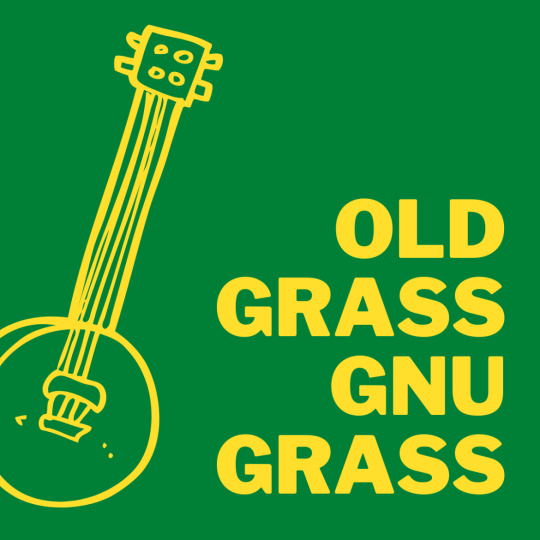
Playlist
LISTEN https://kgnu.org/shows/old-grass-gnu-grass/03-02-2024
0 notes
Text
Two early-modern authors identified 1507 as her birth year. In the margin of his history of Elizabeth, published in 1615, William Camden inserted this date. In the text, he noted Henry was 38 and Anne only 22 when they fell in love. An expert genealogist, Camden was the Clarenceux king of arms, a principal officer in the College of Arms, and began this study at the behest of William Cecil, Lord Burghley, who provided him with materials.
Wicked Women of Tudor England: Queens, Aristocrats, Commoners, by Retha M Warnicke
#retha warnicke#the argument always tends to rest on the 'standard' age of entrace for maids of honour#which is generally considered twelve#however later elizabeth knollys would be at nine and (apparently) mary norris was maid of honour as young as ten so... hmm
20 notes
·
View notes